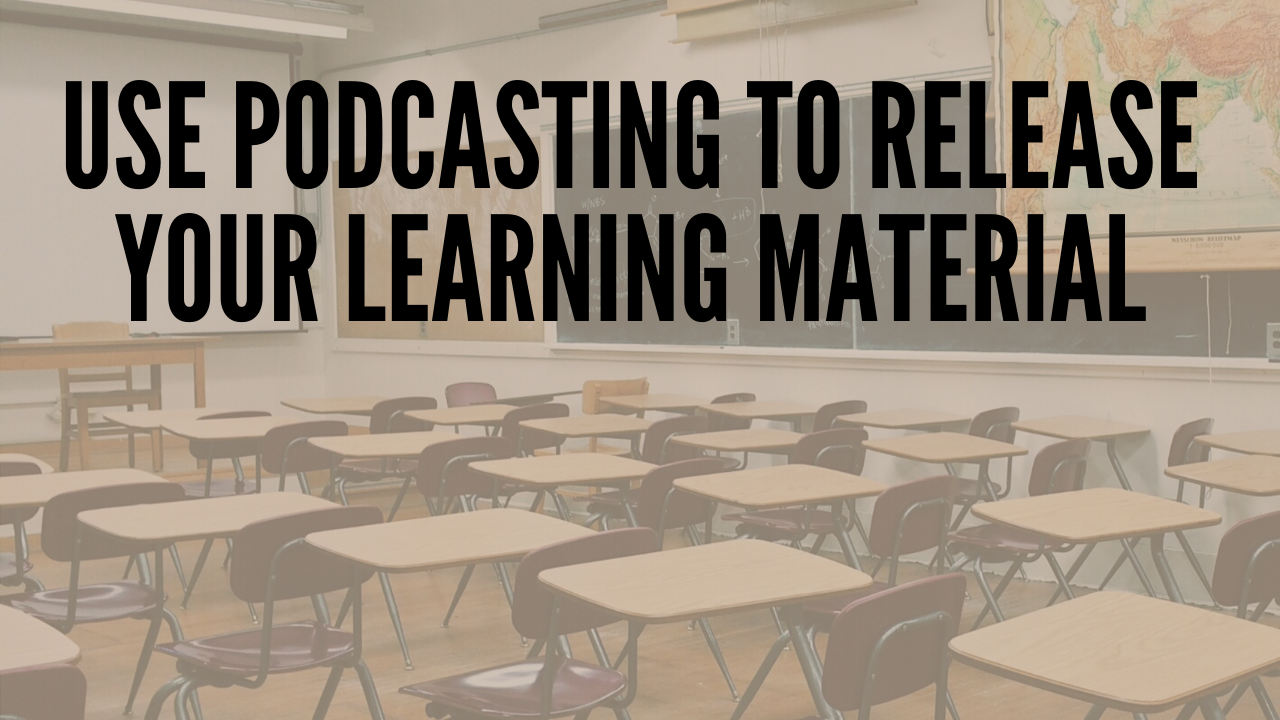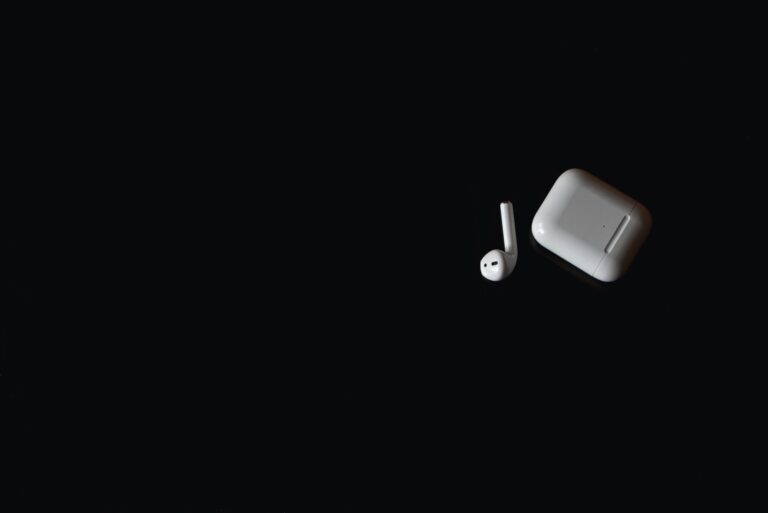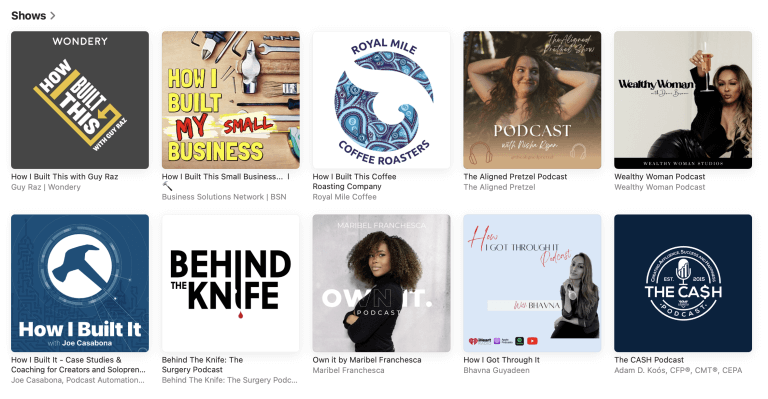Use Podcasting To Release Your Learning Material
Last night I gave what will probably be my last in-person talk for a while. Between COVID-19, social distancing, and my son being born in July, I won’t be doing much (if any) traveling for the rest of 2020. I’ll probably record and release the talk I gave to the National English Honors Society of my alma mater, Burke Catholic High School.
But this got me thinking about all of the conferences, meetups, and classes being cancelled. Lots of great content with no one to hear it…at least not in-person. Thankfully It’s easier than ever to publish your message. And I think podcasting is a fantastic avenue to do it.
All You Need is a Microphone
You might be wondering why I’m talking about podcasting instead of video, and that’s a fair point. But the truth is it’s a lot easier to put out a quality podcast than a quality video. With videos you need to think about resolution, a good mic, lighting, framing, and then probably at least minor edits or multiple takes.
With a podcast, all you need is a decent mic. Editing is free with Audacity and you can cut out mistakes easily without having to reset to avoid visual jumps.
What About Podcast Hosting?
This is a fair point as well. With video, both YouTube and Vimeo are free and relatively easy to use. What about podcasts? There are 2 services that I’d like to recommend if you’re looking for free options:
- Anchor.fm – this is often lampooned by the podcasting community but it by far the easiest I’ve used.
- PodBean – This is a limited free plan, but good to get started! If you’re looking for affordable, I use Libsyn and this it’s a great option.
Formatting Your Content
I think there are a few ways you can approach your content, depending on your goals and your audience.
If you want to publish a talk (or talks) you’ve been working, break them up into consumable sections and release the content that way. If you have visuals, make sure to include them in show notes or on a reference website.
The same thing goes for meetups or seminars. As a meetup organizer, a great thing you might be able to do is reach out to members of your meetup and show them how to record their episodes, then release them as a meetup-specific podcast.
If you’re in the education field, you can record your lectures and release them to your students. Having supplemental materials on a website is even more crucial here, but doing the audio only version (even one where you encourage student to follow along with the slides) can let you do several lectures in a row to release to your students while you’re out of the classroom.
Note: I’ll talk more about video lectures and engaging with students in a future post.

Learn how podcast pros produce their shows…
…and how you can improve yours.
One breakdown, delivered to your inbox weekly.
Learn the tools and processes used by top podcasters and reclaim hours of your life every week.
Engaging with Listeners
Engaging with listeners (or students, attendees, etc) is another critical aspect missing from in-person gatherings. But luckily there are lots of options for that too, including:
- A simple contact form on a website, or even Google Forms
- Facebook Group
- Slack /Discourse / Microsoft Teams
- Forums or some other area where you community already congregates online
The goal here it to make sure your podcast isn’t a one-way street. Questions, feedback, and allowing your listeners to connect is a crucial part of the learning process. So no matter which of these you choose (pick the best way for your audience), make it clear that they can reach out, and repeat how to multiple times in each episode.
This has an added bonus of giving you more content – follow-up and feedback from other episodes!
What About One-off Content?
There’s also the question of one-off content. It’s not really worth it if you’re just going to launch 1–2 pieces of audio to replace that talk. What can you do then? Well, Soundcloud is an option. You can record audio clips and place them on your blog. But a better option might be talking to someone you know who runs a podcast. They might be willing to interview you about that talk topic, or even have you guest record an episode to give that talk.
As I thought about this option more, I realized it might be a good idea to have a place where people go to find guests or podcasts looking for guests. I’m still fleshing out the details, but I’ve set up Podcast With Me. I’ll have more to talk about once I come up with a good, clear plan for it. But a directory is definitely a part of those plans. If you’re interested, you can sign up today to get more information about it.






